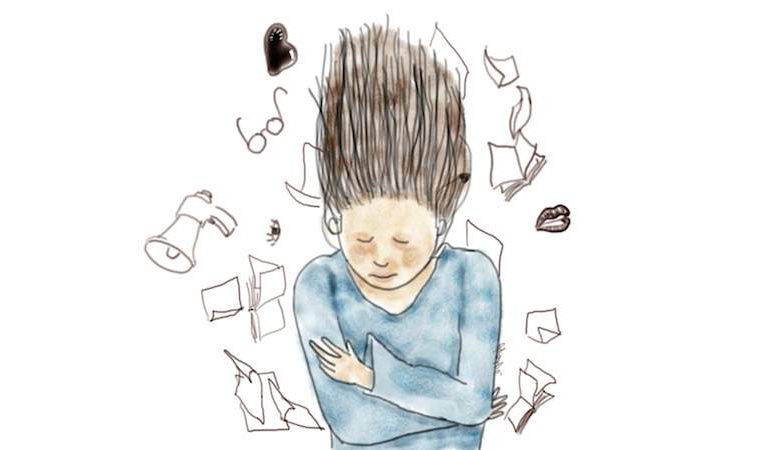State of Women: Dance Like No Stalkers are Watching

Welcome to our first edition of State of Women updates. This regular column will give you a digest of news and views on what’s happening to women and girls across the world, particularly in Indonesia.
One Billion Rising on V-Day
As you’ve probably already heard, there is this global movement called One Billion Rising, which began in 2012 as part of a campaign to bring awareness to the high number of rape and sexual violence against women. According to the UN statistics, one in three women across the world will be raped or beaten in their lifetime, a figure that adds up to a billion in population of women.
Founded by Eve Ensler who wrote The Vagina Monologues, it is celebrated every year on Valentine’s Day in various fashions across the globe. In Indonesia this year it was held in Jakarta and a number of other cities including Makassar, Surabaya, Poso, Malang, Semarang Bandung, Yogyakarta and Medan.
I went to the celebration at the courtyard of Taman Ismail Marzuki (TIM) arts center in Central Jakarta last Saturday night. It was a sight to behold for this not-so-young feminist: a sea of young women and men in red T-shirt, all united in one cause that women should be able to live without fear of being sexually harassed or assaulted. People wrote messages on sticky notes for others to see, lending their words of support for the end of violence against women.
On the main stage were performances from a host of musicians including Chikita Fauzi, Titi of JALANAN fame and several DJs. My favorite, though, is the female rapper Yacko, who gave a feisty edge to what could easily turn into a Lilith Fair. I liked that everyone was dancing their asses off to the music.
In fact, dancing – flashmob style – was the highlight of the event. The crowd did a choreographed number to the event’s theme song, mixing what resembled yoga moves with some hip-hop steps. As singer-songwriter and one of the initiators of OBR Indonesia, Kartika Jahja, said in her Facebook post, “We believe fighting is not always done with a fist, but with an embracing arm and a dance.”
An OBR volunteer Shera Pringgodigdo, told me why she thought the event was important: “In Indonesia many are still not aware of the high number of violence against women, so we need to continue to campaign for it, and not just by involving women but also men.”
Amen, sister!

One Billion Rising flashmob dance in Jakarta, Feb. 14. (Photo: Devi Asmarani)
Women’s Legal Age of Marriage to be Raised
One good news came out of the government last week in the midst of the ongoing political crisis: it will soon be illegal for girls younger than 18 to marry.
Coordinating Human Development and Culture Minister Puan Maharani said last Monday (9 Feb) that the government was preparing a regulation to raise the legal age of marriage for female from 16 to 18. There is no immediate information on whether there will be a change to the legal age of marriage for male, which is currently set at 19.
“We want Indonesian teenagers to at least finish their education first, until high school,” she was quoted as saying by The Jakarta Post on the sidelines of a discussion on the challenges of malnutrition in Indonesia. Puan said the move was part of the government’s effort to tackle chronic and acute malnutrition in Indonesia.
Now you probably wonder how the two problems of adolescent marriage and malnutrition are connected, but they are. When girls marry in their teen years they are not only robbed of the opportunities for better lives – having to drop out of school and with no chance of becoming financially independent – but their bodies are also forced to reproduce prematurely.
Every year there are 500,000 adolescent pregnancies in Indonesia, giving birth to babies who are already undernutrition. Their lack of knowledge of good feeding practices in addition to poverty also lead to their children growing up stunted, which is being short compared to their age. Stunting affects 37 percent, or nine million, of children in Indonesia, and studies show that these kids will grow up earning 20 percent less than their potential incomes because of their short statures.
This is really good news, but aside from raising the legal age the government should ensure that the law is enforced to prevent underage girls from being forced into marriage. We all know enforcing the law is not Indonesia’s forte. In rural areas girls as young as 14 years old commonly enter into marriages due to poverty.
Unless we make adolescent marriages absolutely unacceptable, we’re going to end up with a whole generation of stunted children born to and raised by unempowered women, thus perpetuating the cycle of poverty.
Read Devi’s review of the doco Tanah Mama.






















